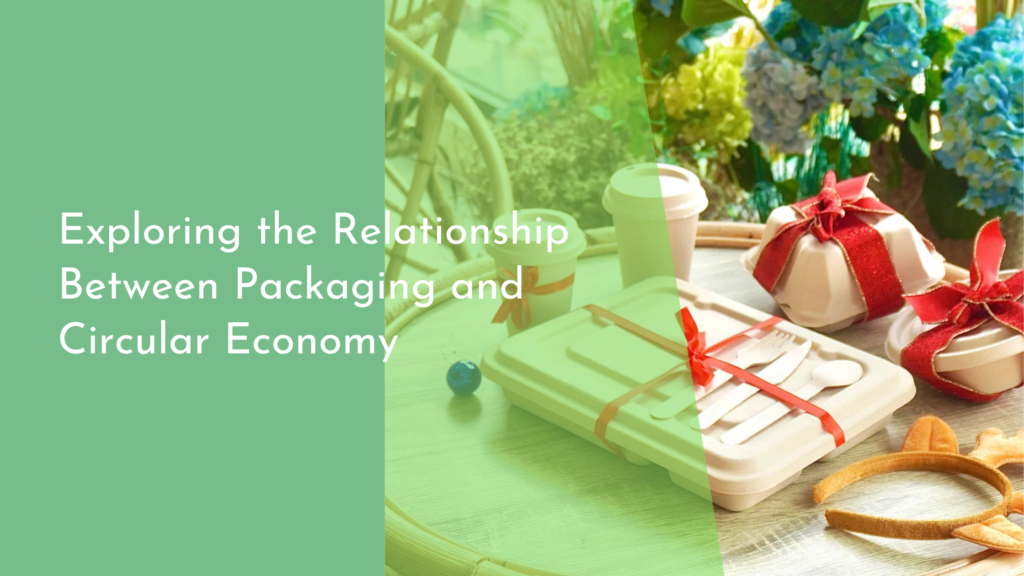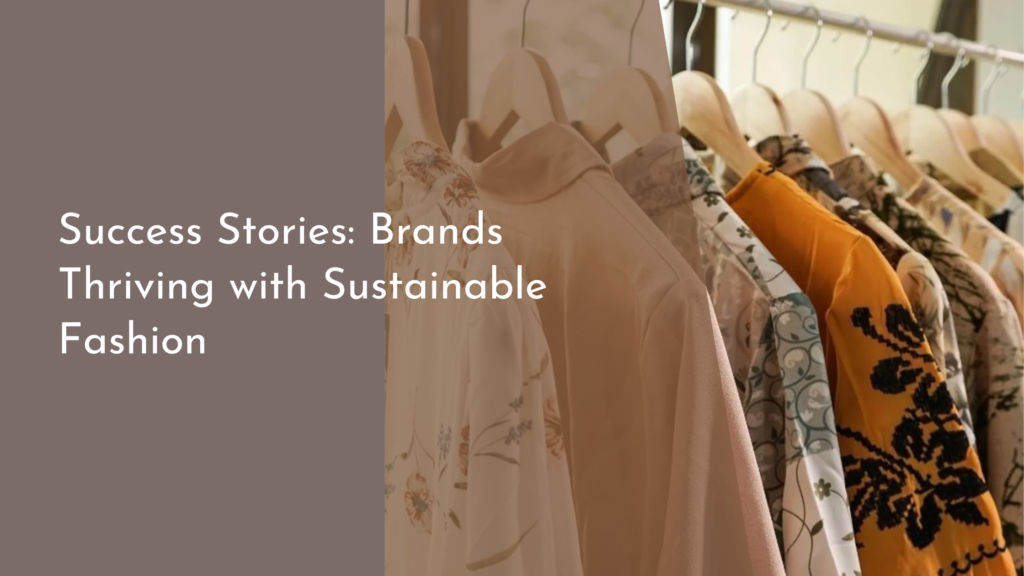Ethical Consumerism in the Fashion Industry
In recent years, ethical consumerism has become a significant force reshaping the fashion industry. As consumers grow more aware of the environmental and social impacts of their purchases, the demand for sustainable and ethically produced fashion items has surged. This shift not only influences how brands operate but also empowers consumers to make choices that align with their values and contribute to a more responsible fashion ecosystem.
Understanding Ethical Consumerism Basics
Ethical consumerism in the fashion industry centers on making purchasing decisions that consider the ethical implications of production processes, labor practices, and environmental impact. At its core, it involves supporting brands and products that prioritize fair wages, safe working conditions, and sustainable manufacturing practices. This movement encourages consumers to think beyond aesthetics and cost, focusing instead on the broader impact of their purchases.
The growing trend of ethical consumerism is fueled by increased access to information. With the rise of digital media, consumers are more informed than ever about behind-the-scenes practices in the fashion world. This transparency has spurred a demand for accountability, leading many shoppers to seek out brands that demonstrate clear commitments to ethical standards. As people become more educated about the impact of their buying choices, ethical consumerism continues to gain momentum.
The Rise of Sustainable Fashion Brands
In response to the demand for more ethical products, a new wave of sustainable fashion brands has emerged. These brands aim to minimize their environmental footprint by utilizing eco-friendly materials, reducing waste, and adopting circular fashion principles. Companies like Patagonia, Stella McCartney, and Eileen Fisher are at the forefront, innovating with recycled fabrics, natural dyes, and sustainable supply chains to meet consumer expectations.
These brands not only focus on environmental sustainability but also prioritize social responsibility. By ensuring fair labor practices, equitable wages, and safe working environments, they set a benchmark for ethical manufacturing. Through certifications like Fair Trade and B Corp, these companies provide consumers with tangible assurances of their commitment to ethical standards, making it easier for shoppers to align their purchases with their values.
How Consumers Influence Fashion Trends
Consumers hold immense power in shaping fashion trends, particularly through their purchasing choices. As they increasingly prioritize ethics, brands are compelled to adapt to meet these expectations. This shift is evident in the rise of transparency, where fashion companies openly share their sourcing, labor practices, and sustainability efforts to build trust and loyalty among ethically-minded shoppers.
Social media platforms have amplified consumer influence, allowing individuals to publicly voice their demands for ethical fashion and hold brands accountable. By sharing information, reviews, and experiences, consumers create a collective voice that brands cannot ignore. The demand for change is not limited to luxury labels; high street and fast fashion brands are also feeling the pressure to adopt more sustainable and ethical practices to stay relevant and competitive.
Embracing Ethical Choices: A Bright Future
As the movement towards ethical consumerism in fashion gains traction, the future looks promising. More consumers are embracing the concept of mindful purchasing, leading to a significant shift in industry dynamics. This change not only fosters innovation in sustainable materials and practices but also paves the way for a more inclusive and diverse fashion landscape that values ethics over mere profit.
The journey towards widespread ethical consumerism is ongoing, but as awareness continues to grow, so does the potential for lasting change. By supporting brands that align with their values, consumers can drive a more ethical fashion industry that benefits people, the planet, and future generations. This positive trajectory suggests a future where style and conscience go hand in hand, creating a vibrant and sustainable fashion world for all.
Ethical consumerism in the fashion industry is more than just a trend; it’s a movement towards a more responsible and conscious way of living. As consumers embrace this change, they wield the power to transform the fashion landscape, promoting a future that values sustainability and ethical practices. By making informed choices, shoppers not only express their personal values but also contribute to a global shift towards a more compassionate and sustainable fashion industry.


